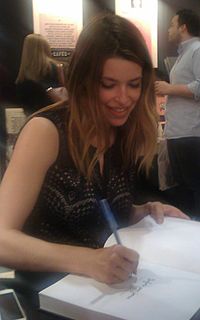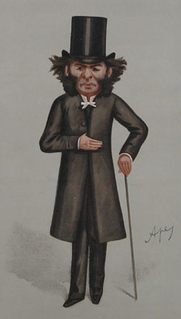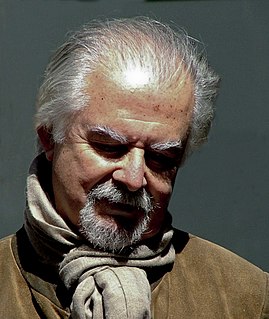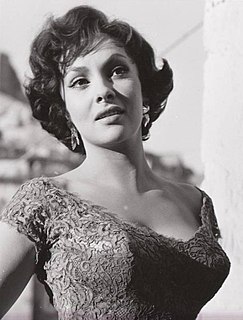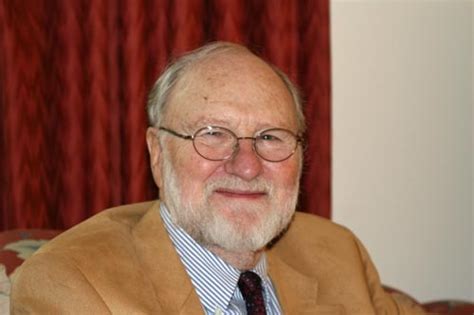A Quote by Andrei Tarkovsky
IN CINEMA IT IS NECESSARY NOT TO EXPLAIN, BUT TO ACT UPON THE VIEWER'S FEELINGS, AND THE EMOTION WHICH IS AWOKEN IS WHAT PROVOKES THOUGHT.
Related Quotes
To invent a story, or admirably and thoroughly tell any part of a story, it is necessary to grasp the entire mind of every personage concerned in it, and know precisely how they would be affected by what happens; which to do requires a colossal intellect: but to describe a separate emotion delicately, it is only needed that one should feel it oneself; and thousands of people are capable of feeling this or that noble emotion, for one who is able to enter into all the feelings of someone sitting on the other side of the table.
I have said that poetry is the spontaneous overflow of powerful feelings: it takes its origin from emotion recollected in tranquillity: the emotion is contemplated till, by a species of reaction, the tranquillity gradually disappears, and an emotion, kindred to that which was before the subject of contemplation, is gradually produced, and does itself actually exist in the mind.
My popularity has to do with the divorce between modern art, where everything is obscure, and the viewer who often feels he needs a professor to tell them whether it's good or not. I believe a painting has to talk directly to the viewer, with composition, color and design, without a professor to explain it.
Our films have to entertain without the viewer being guided to a humdrum set of do's and don't's. At the same time, as a filmmaker, my films should evoke some feelings, some thoughts in their minds. That's the purpose of cinema. It has to be a learning experience without advocating rights or wrongs in a subtle manner.
I always feel that a viewer has an expectation about every moment of the film and where it's going, so if I act against that, I've created a twist. In fact, it becomes a kind of game with the expectations of the viewer. This is the superficial appearance. In the layer beneath, there is a hidden theme.
But there is more to a fine photograph than information. We are also seeking to present an image that arouses the curiosity of the viewer or that, best of all, provokes the viewer to think-to ask a question or simply to gaze in thoughtful wonder. We know that photographs inform people. We also know that photographs move people. The photograph that does both is the one we want to see and make. It is the kind of picture that makes you want to pick up your own camera again and go to work.
In the evolution of knowledge-mistaken and unnecessary beliefs are forced out and supplanted by truer and more necessary knowledge. So too in the evolution of feelings, which takes place by means of art. Lower feelings-less kind and less needed for the good of humanity-are forced out and replaced by kinder feelings which better serve us individually and collectively. This is the purpose of art.
It is difficult to remove by logic an idea not placed there by logic in the first place. By nature, we are emotional creatures. Often we live and react based on feelings, not logic. Feelings are wonderful, but when we become tied to a particular thought or belief we tend to ignore the fact that change might be necessary.


